
A winter break reading list
Looking for a good read over the holiday break – for yourself or to gift? Stanford Graduate School of Education faculty propose some of their favorites, from socially reflective fantasy and illuminating children’s books to far-reaching explorations of biodiversity.
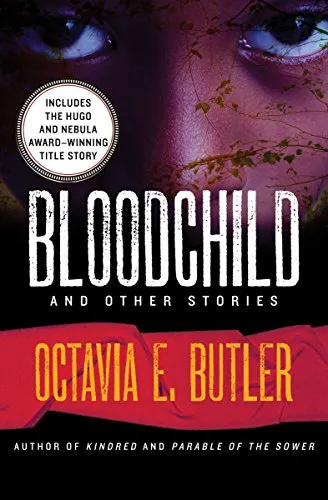
Bloodchild and Other Stories, by Octavia Butler
“This is a collection of short stories, mostly science fiction or what is sometimes called speculative fiction. The title story is especially cool and disturbing, about humans interacting with and being controlled by alien species in complicated ways. The stories are quick reads, but they do what fiction does best: make you reflect on your own world and your place in it. A page-turner.”
—Sarah Levine, Assistant Professor
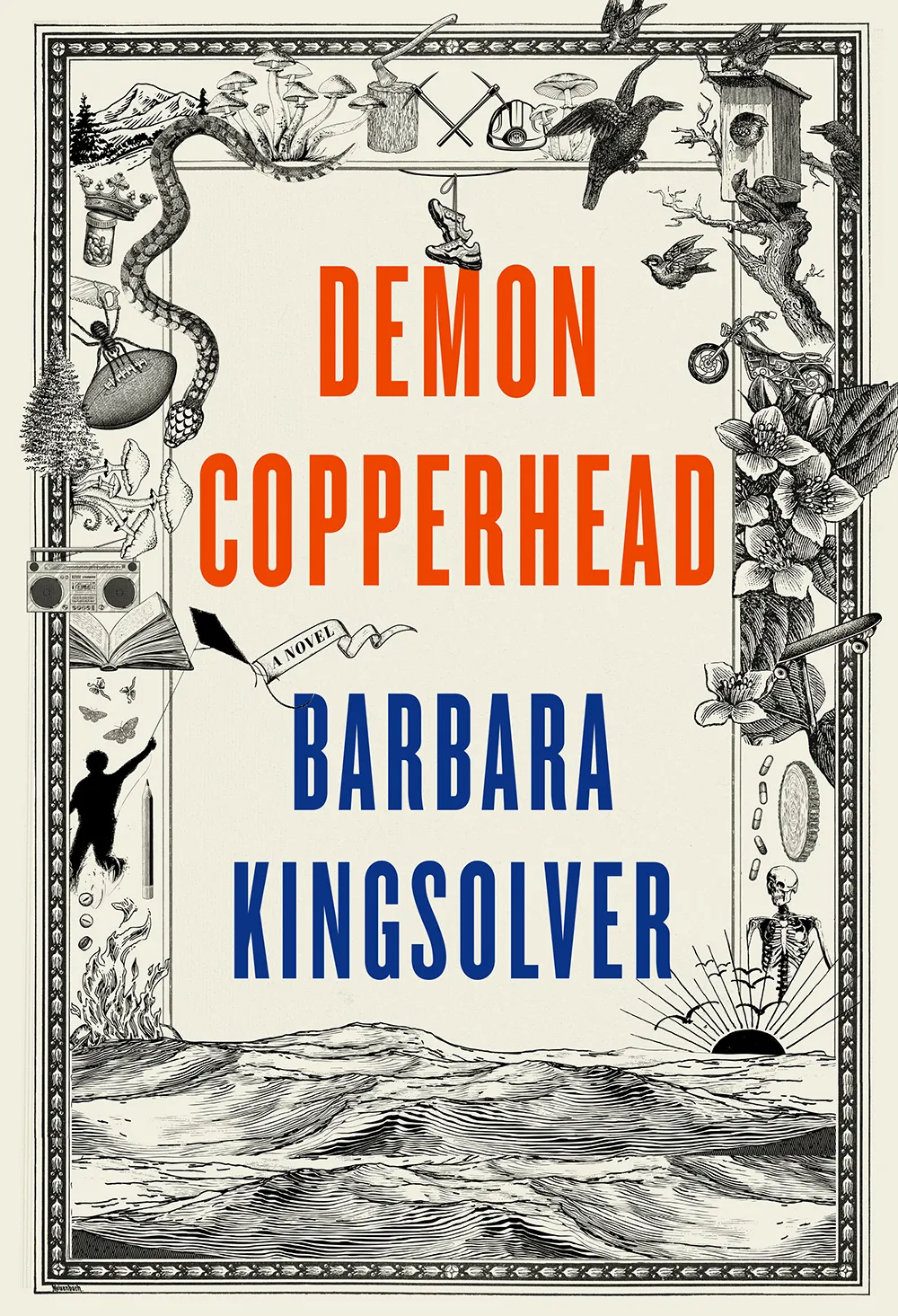
Demon Copperhead, by Barbara Kingsolver
“The writing is transformative, and the retelling of David Copperfield is compelling and timely. It is important to center the experiences of young people in our understandings of the world and how it works (or doesn’t).”
— Peter Williamson, Associate Professor
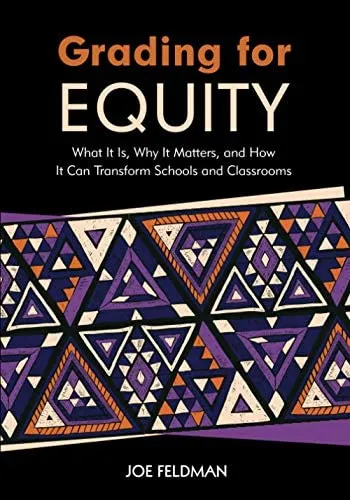
Grading for Equity, by Joe Feldman
“This book challenges us to think about the assumptions we make about grading. It suggests that the way we grade does not support students, and that our approach discourages students from making mistakes and sharing knowledge.”
— Bryan A. Brown, Professor
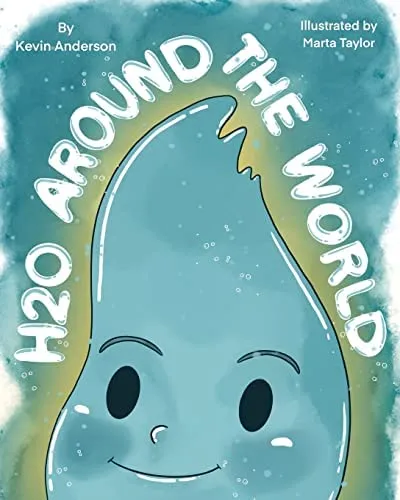
H2O Around the World, by Kevin Anderson, illustrated by Marta Taylor
“A fun children’s book by Kevin Anderson, a first-year PhD student at the GSE, that gets children thinking about conservation and the world.”
— Anne H. Charity Hudley, Bonnie Katz Tenenbaum Professor of Education
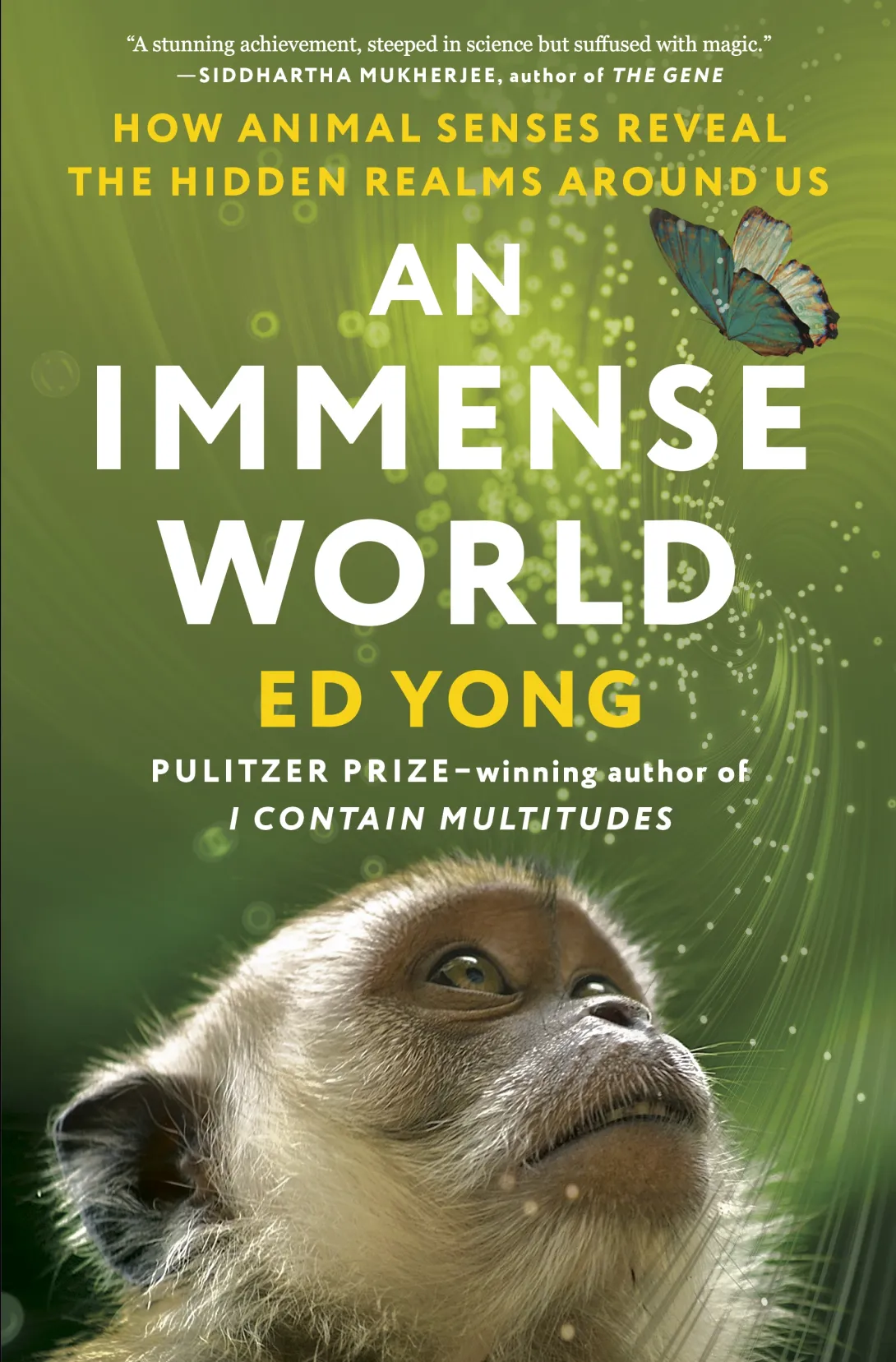
An Immense World, by Ed Yong
“A fascinating book on animal senses that was also part of Stanford’s Three Books this year.”
— Dora Demszky, Assistant Professor
“I see, smell, hear, and feel the world differently after reading this.”
— Peter Williamson, Associate Professor

Jane Eyre, by Charlotte Bronte
“I adore this book; there is a specific place in the plot that, without fail, makes me tear up. And should the original strike you as a relic of a different era, you can always try Wide Sargasso Sea, which is a reimagined backstory for one of the key characters from a very different perspective.”
— Ben Domingue, Associate Professor
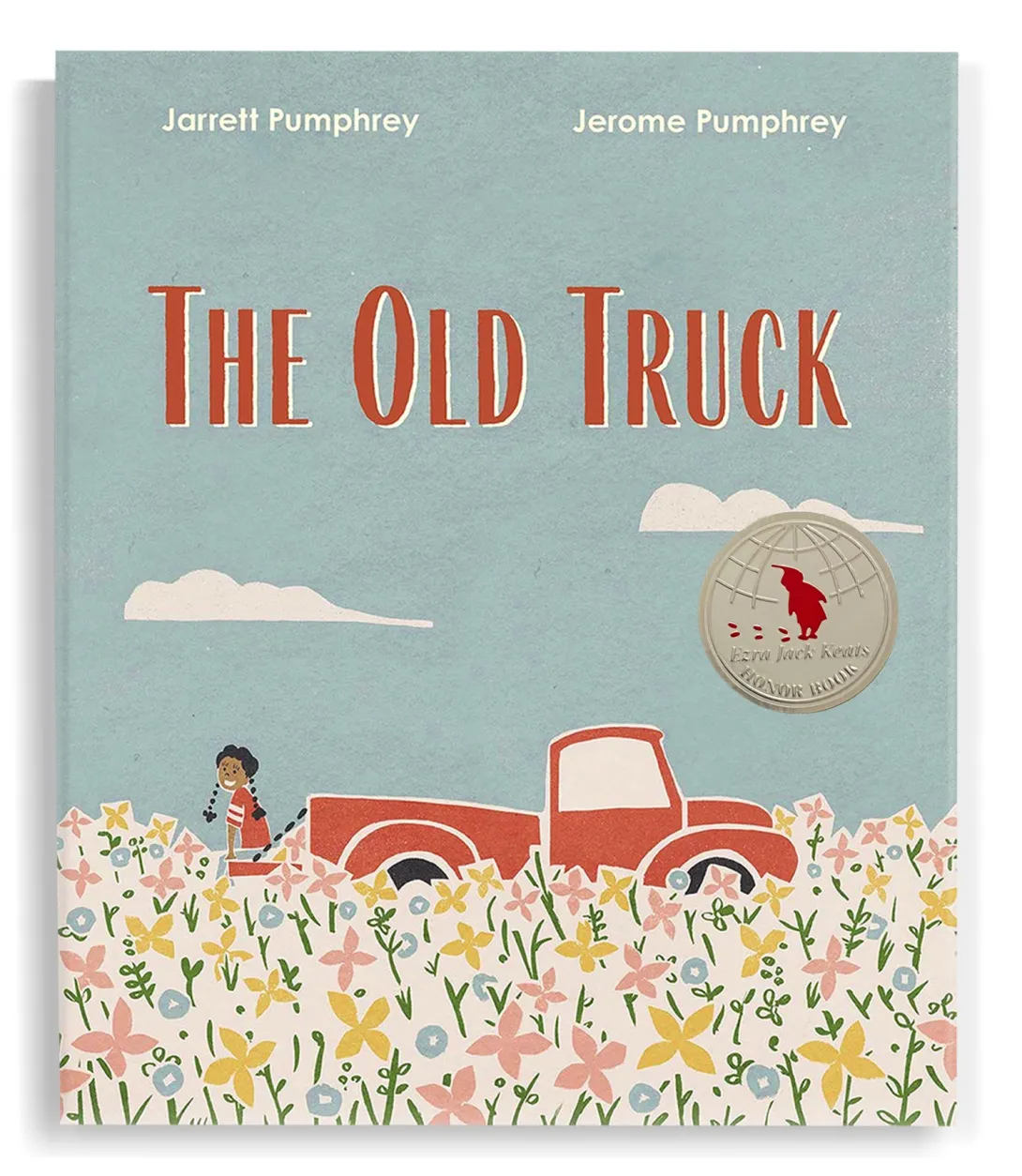
The Old Truck, by Jarrett Pumphrey and Jerome Pumphrey
“I’ve read this book and its sequel, The Old Boat, dozens of times to my three-year-old daughters. We learn about change, persistence, loss, and imagination every time.”
— Antero Garcia, Associate Professor
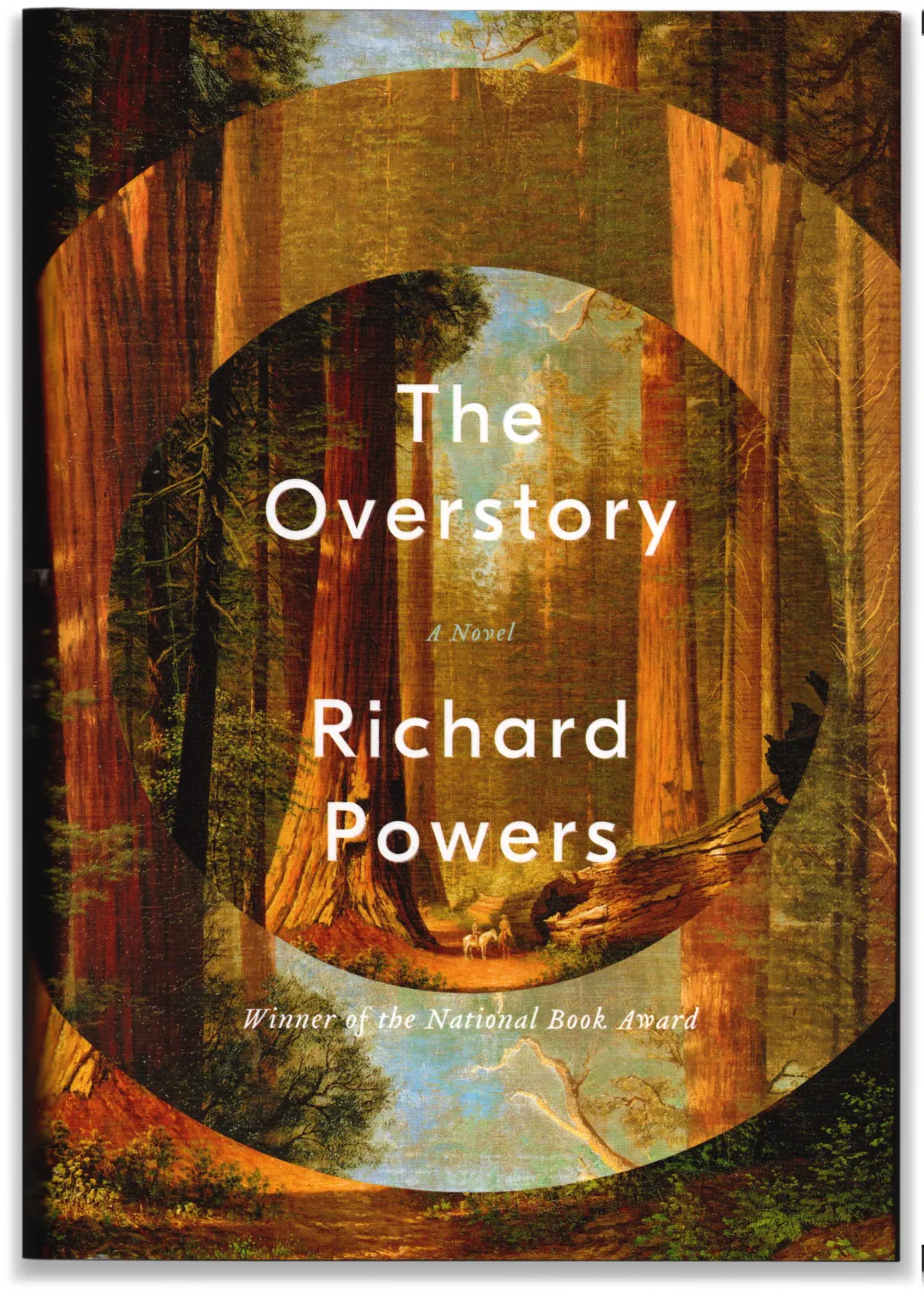
The Overstory, by Richard Powers
“You will never look at a tree the same way again! I loved the stories that Powers weaves together beautifully in this novel about a determined group to stop forest destruction — and one story in particular takes place here at Stanford. Treat yourself to a trip to the Quad to find the special tree that ‘stars’ in the story.”
— Denise Pope, Senior Lecturer
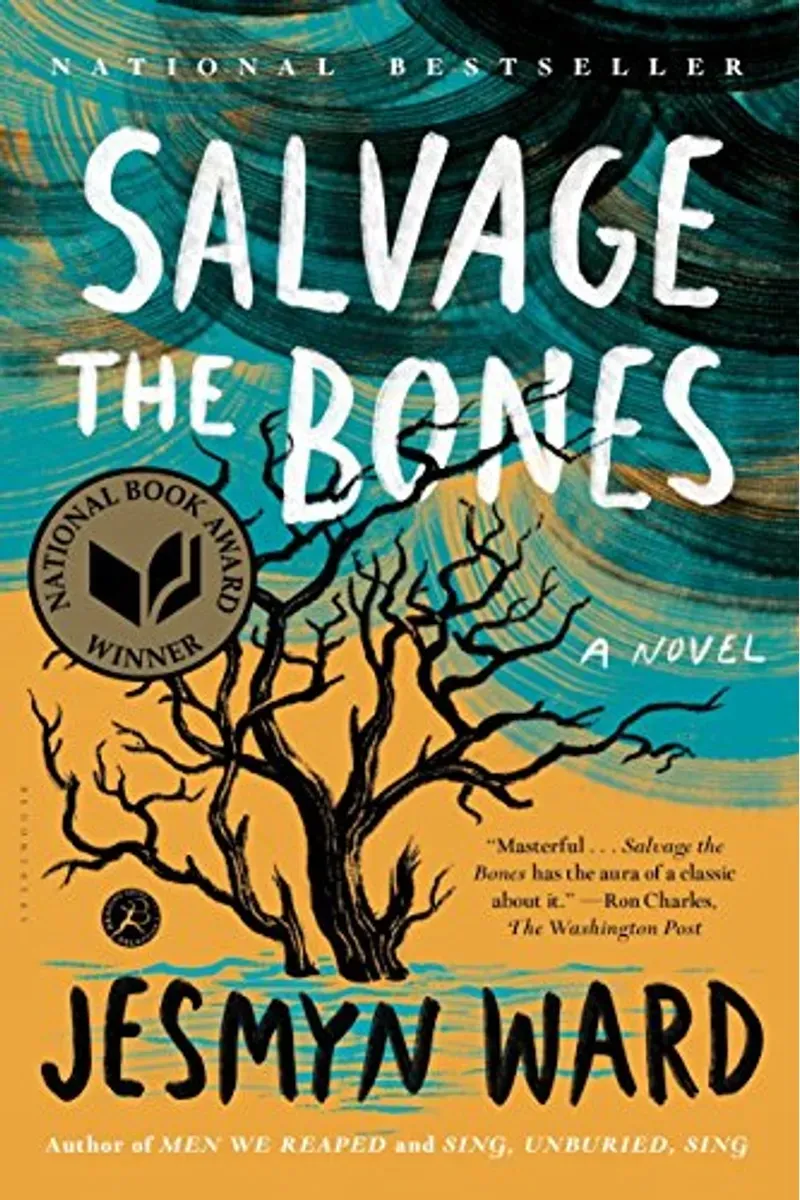
Salvage the Bones, by Jesmyn Ward
“Early in the pandemic, I found Jesmyn Ward’s 2020 essay in Vanity Fair especially moving and also useful in making sense of the unfolding global emergency, and its spotlighting of ongoing racial and social justice issues. Ward's essay also led me back to Salvage the Bones, which is a powerful read with themes relevant to our times: crisis, community, equity, loss, desire, hope, and more. It's an engrossing and powerful read.”
— Ira Lit, Professor and Director of the Stanford Teacher Education Program
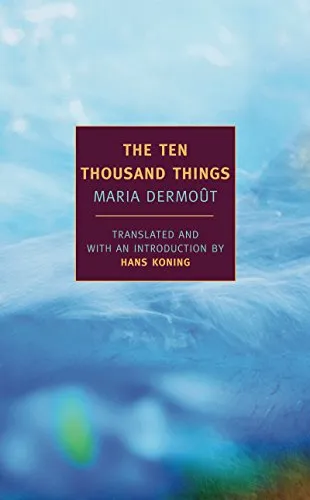
The Ten Thousand Things, by Maria Dermoût
“I read this book as a teenager and was obsessed with it. I remember it as a poetic and haunting book that didn't read like anything else I had read at the time, but simultaneously, it felt familiar. I'm recommending it because I am planning to rediscover it this winter myself!”
— Sanne Smith, Lecturer and Director of the Master's Program in Education Data Science
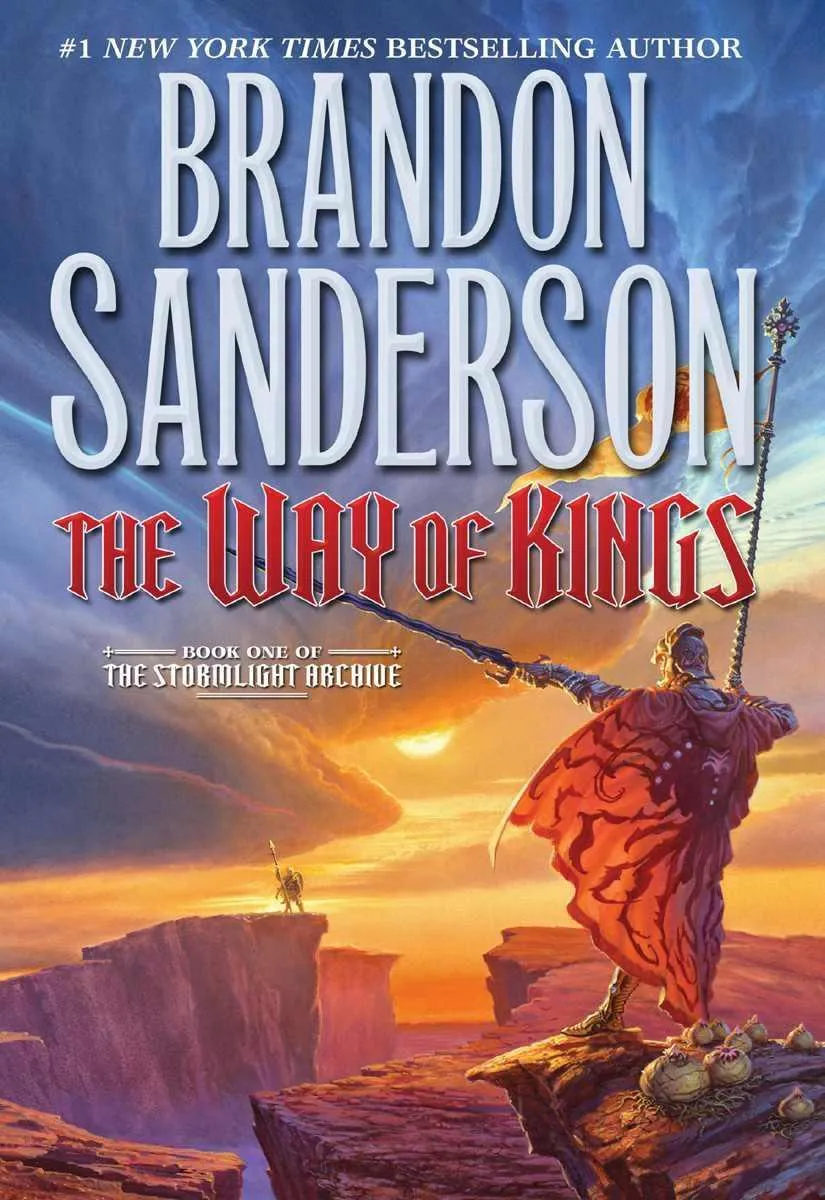
The Way of Kings, by Brandon Sanderson
“A light but long read. Epic fantasy. Great world-building. Integrates themes of honor, integrity, hope, and atonement. Parallels to modern social issues. Three subsequent volumes advance the themes in a thoughtful way.”
— Eric Bettinger, Conley-DeAngelis Family Professor of Education
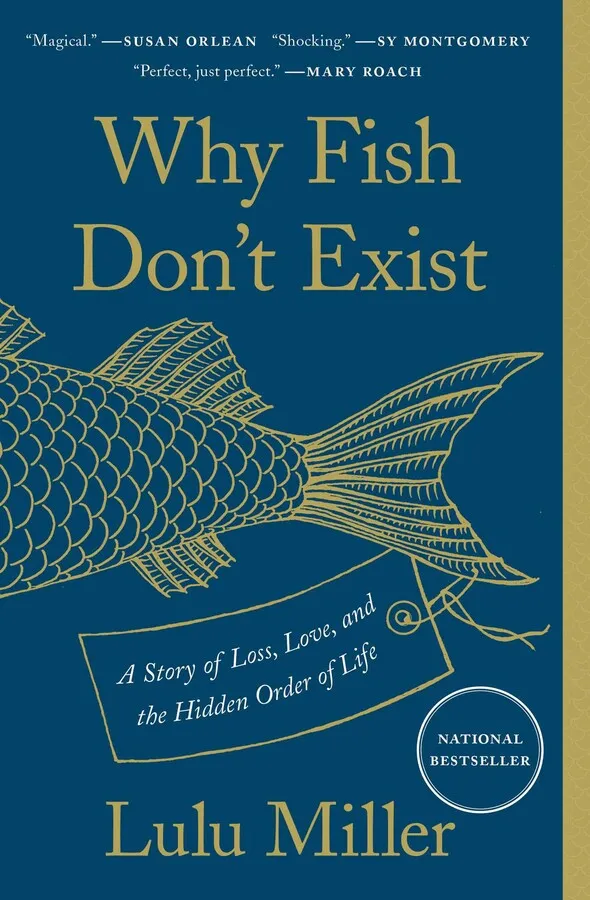
Why Fish Don’t Exist, by Lulu Miller
“A beautifully written story of trying to put your life back on track after a major setback. It ties in an interesting history of David Starr Jordan, Stanford's first president, and how we as a society often make incorrect categorizations and judgments about all kinds of things. A great read!”
— Chris Lemons, Associate Professor



